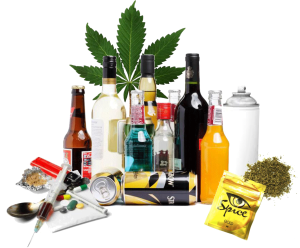The best thing that can happen to an addicted individual is achieving sobriety. Once this happens, it implies that the individual is free to walk, and never suffer from addiction again. Well, this becomes a full reality when there is a sound aftercare system in place.
There are a truckload of benefits that comes with the sobriety state, and some of them would be touched in this piece:
- Communication improvement: One of the highlights of the sobriety state is how your communication improves. Typically, addicts do not find it enthralling communicating with people, they prefer keeping to themselves. Moreso, they are aware that people do not support their addictive habit, so staying away is often the best way to avoid conflicts.
However, when they are sober, they would discover that a lot of damage has been done, and it is best to repair them by communicating.
- Better relationships: When your communication is better, it implies that you will get along better with people. If you have had fallouts with people, it is best to resolve them so that you can have a smooth track record with them. Better relationships contribute to having a good mental health.
- Better focus on work: When you are sober, you will be able to channel your energy towards important things like work. Addicted people cannot focus properly on their work, let alone multitask. While someone who is sober would be able to handle many tasks at once.
This is one of the reasons why an addicted person performs woefully at work. Even though they are top-performers, they will still mess up.
- Profound career pursuit: Someone who is in a sober state is better suited to chase career goals than someone who is addicted. A sober person is always well rested, they are able to properly process thoughts because there is nothing disrupting them.
For addicts, it is always a challenging ride for them, and eventually they end up chasing their dreams.







